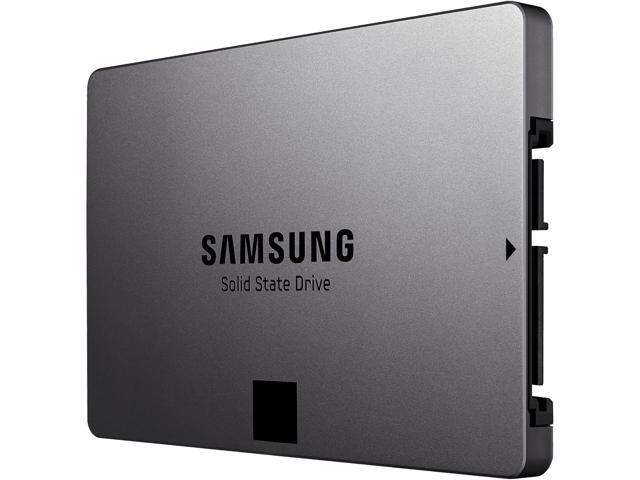3-2-1 Backup Rule Explained and Why SSDs Are Better Than HDDs
We’ve all heard the phrase, “you don’t know what you’ve got until it’s gone.” The same logic can oftentimes be applied to technology. Whether it’s photos, documents, home videos or confidential information, losing any data can severely impact your personal and professional life, which is why it’s so important to protect.
As COVID-19 pandemic (and 2020 in general) have proven, we should expect the unexpected. As such, it’s important to focus on the things we can control, like computer backups because as Murphy’s Law states, “if something can go wrong, it will.” One of the kids is homeschooling on your home computer and downloads a nasty virus which corrupts all your files. Your laptop is stolen from your car. A pipe bursts and floods the basement. A power surge wipes out your motherboard. For all these reasons, it’s critical to create backups on a regular basis.
There are several backup options that support data protection, from corporate servers, personal computers, external hard drives, or cloud backups. At Louisville Geek, we recommend the 3-2-1 backup rule, which suggests having 3 copies of your data on 2 different media platforms (external hard drives) and 1 copy of your data offsite (cloud-based).

SSDs Retain Data Better Than HDDs
While SSDs (solid state drives) and HDDs (hard disk drives) are similar in their physical specifications, they store data very differently.
When it comes to choosing your external drive, we strongly recommend using a solid-state-drive (SSD) over the traditional hard disk drive (HDD) because of the many benefits the SSD has to offer. A SSD does functionally everything a hard drive does, but data is instead stored on interconnected flash-memory chips that retain the data even when there’s no power present. SSDs are much faster than traditional hard drives because SSDs don’t have any moving parts whereas traditional hard drives contain the spinning magnetic platters inside. This also makes the SSDs much quieter than HDDs.
Even though SSDs are more expensive, they are also much more rugged and less susceptible to damage, which is an important feature if you bring it along with you on your commutes (or have kids!). The mechanical parts in HDDs have the tendency to skip or even fail if they are handled roughly or dropped. When it comes to selecting an SSD, we recommend Samsung’s SSD line because, according to our engineers, their chips are unparalleled.
OneDrive Outperforms Dropbox
To further safeguard your data, there are a number of free cloud services, but we recommend using Microsoft’s OneDrive because of the reliability and security it offers. OneDrive enables you to synchronize your content to your PC and Mac so you can easily and securely access files anytime—even when you are offline. Once you’re back online, your new files and edits will sync to OneDrive automatically.
Losing any amount of data can compromise your personal identity, erase your family history, and even bankrupt your entire company, but by employing the 3-2-1 backup method, you are able to rest easy at night knowing that your precious digital belongings are safe and secure, and your kids and grand kids will thank you for generations to come. If you need assistance or would like advice on selecting the right backup plan for you and your family, contact us today.

